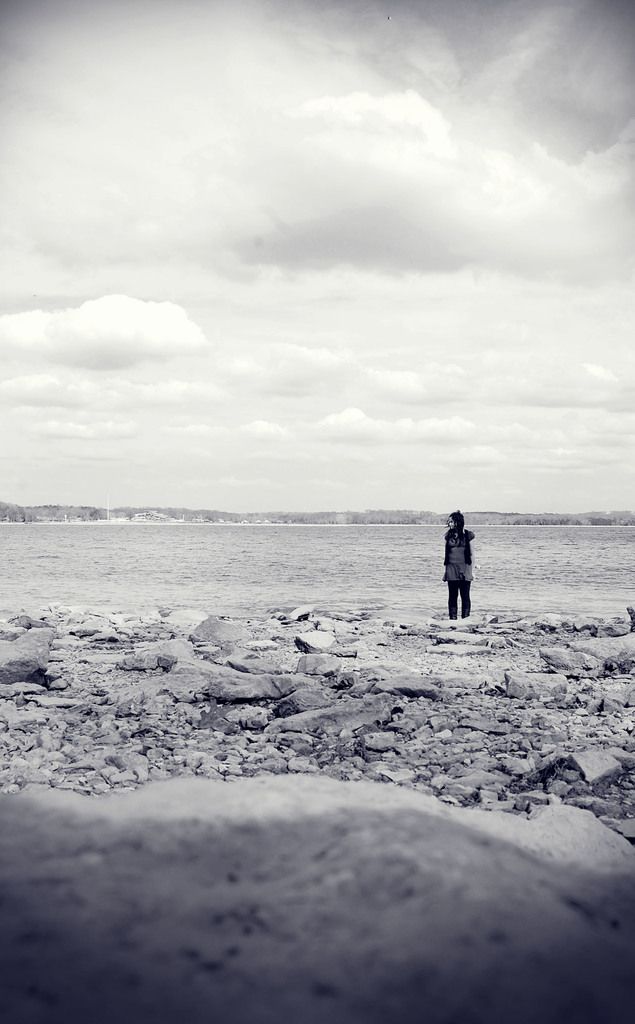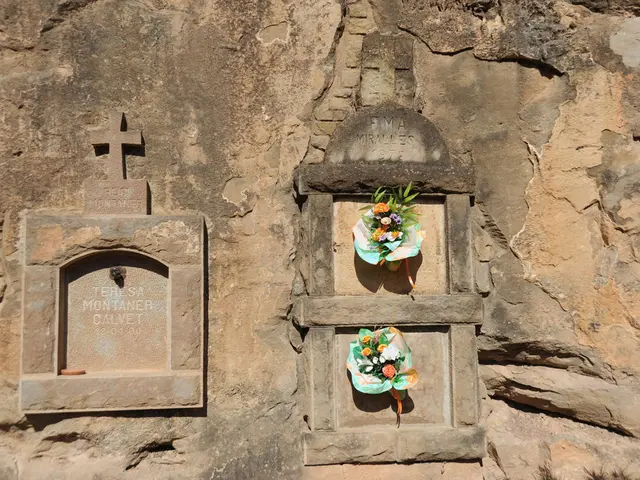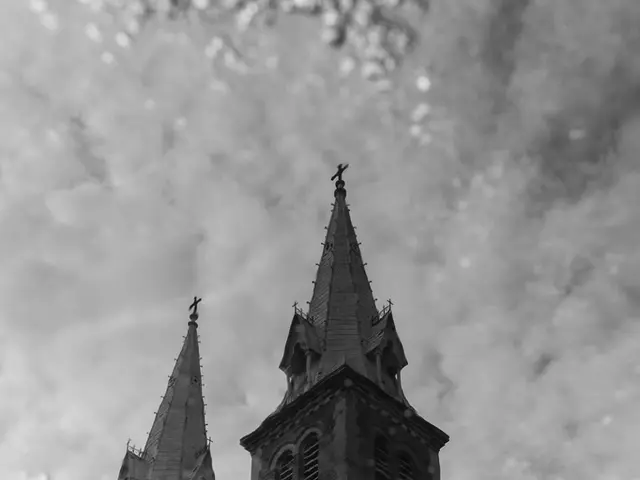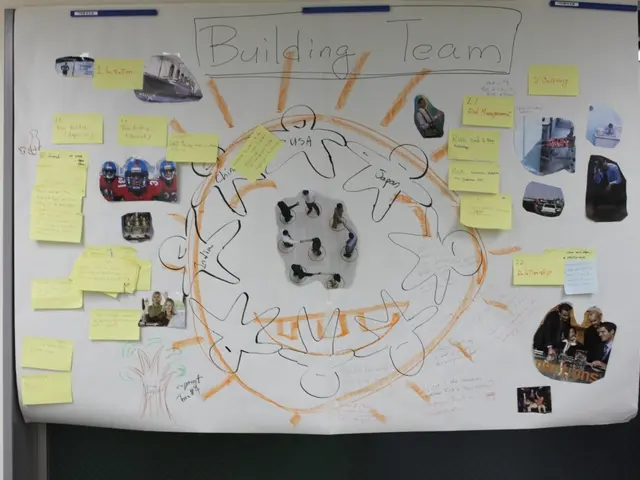Late-life confessions: Elderly LGBTQ+ individuals recount their journeys of self-discovery and self-acceptance after reaching the age of 50
Unveiling the Journeys of Later Life's LGBTQ Transformations
In a world where coming out is often associated with the youth, journalist Charles M. Blow delves into the heartwarming tales of ordinary Americans who discovered their true selves later in life. This latest exploration is chronicled in the captivating ABC documentary special, "Late to the Party: Coming Out Later in Life," airing June 6 at 8 p.m. ET and streaming the next day on Hulu.
Blow, who bravely unveiled his bisexuality at 40, saw the need for a candid discussion on this rarely-discussed phenomenon when meeting fans during book signings who spoke up about their own late-in-life coming out experiences.
"Coming out late in life doesn't make you defective or alone," Blow affirms. "You are a unique expression of humanity, entirely awesome in your authenticity."
One of the many stories featured is Dennis Meredith, a former Baptist preacher, who boldly embraced his identity at 53, against the backdrop of confronting an entire career in his chosen faith. His journey began when his son came out, leading him and his wife to delve into the Bible's teachings on homosexuality.
"We're all afraid," Meredith admits.
Meanwhile, Christopher McCrea, a 29-year military veteran, wrestled with the notion that he could never reveal his true self without compromising his career. The impact of policies such as the "don't ask, don't tell" policy, in effect from 1994 to 2011, is vividly illustrated in McCrea's story.
After the policy's repeal, McCrea, now 47, mustered the courage to come out, although the journey was not easy, especially with his children. His daughter, Kacie, revealed that she suppressed her feelings about the situation, fearing she would become another cause for worry for her parents.
Another profound story belongs to Ken Feltz, who waited until age 90 to reveal his sexuality to his family. Writing his life story during COVID-19 isolation, Feltz finally shared memories of his first true love, Phillip, whom he had to abandon due to societal pressure in the 1950s.
"Even holding hands in public would get you arrested. They had to 'cure' you," Feltz laments.
Navigating the complexities of coming out late in life, Erica shares her emotional journey of having difficult conversations with her Catholic parents. Remarkably accepting, her 81-year-old mother, Judy, confirms, "It's not my job to judge. I love you for you. I always have and always will."
Each story presented in "Late to the Party" underscores the fact that, while coming out later in life presents unique challenges, it's never too late to embrace one's authenticity and find genuine self-love.
"There is a price that has been paid for who I get to be today, but I am who I'm meant to be," Jaime Zavala, who came out at 45, proclaims.
(Source enrichment: Wikipedia, NY Times, The Advocate, The Washington Blade, The New York Daily News)
In the international arena, the documentary "Late to the Party: Coming Out Later in Life" highlights the lesser-discussed phenomenon of aging individuals discovering their identities, shedding light on the complexities of health-and-wellness and science, in the context of LGBTQ individuals. For instance, Christopher McCrea, a military veteran, grappled with the impact of science and political policies on his coming out story, providing an international perspective on health-and-wellness issues and science policies affecting LGBTQ individuals during their later years.








